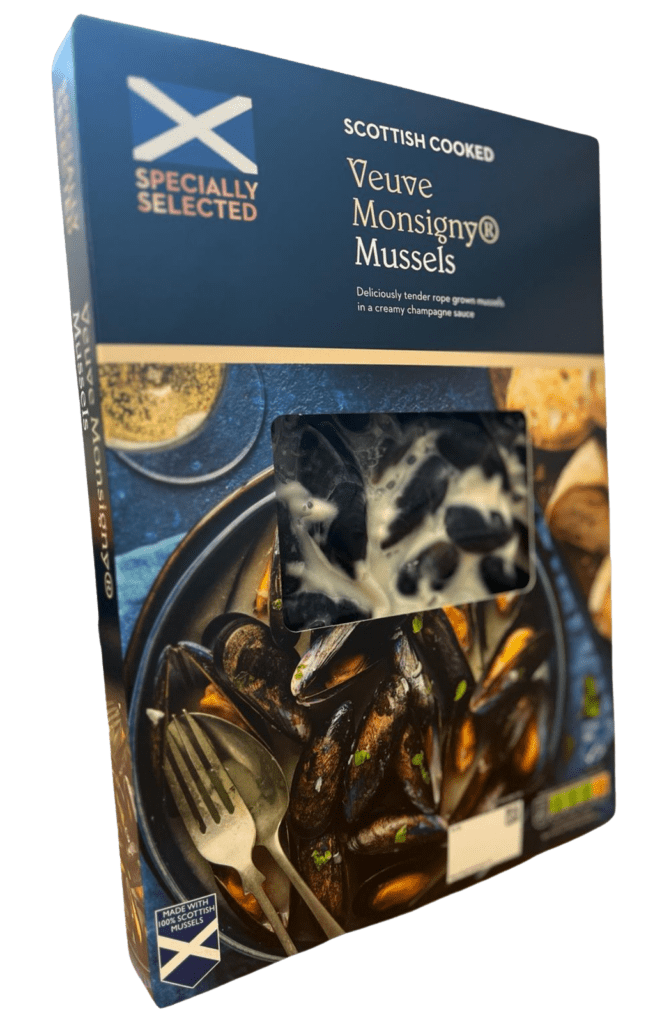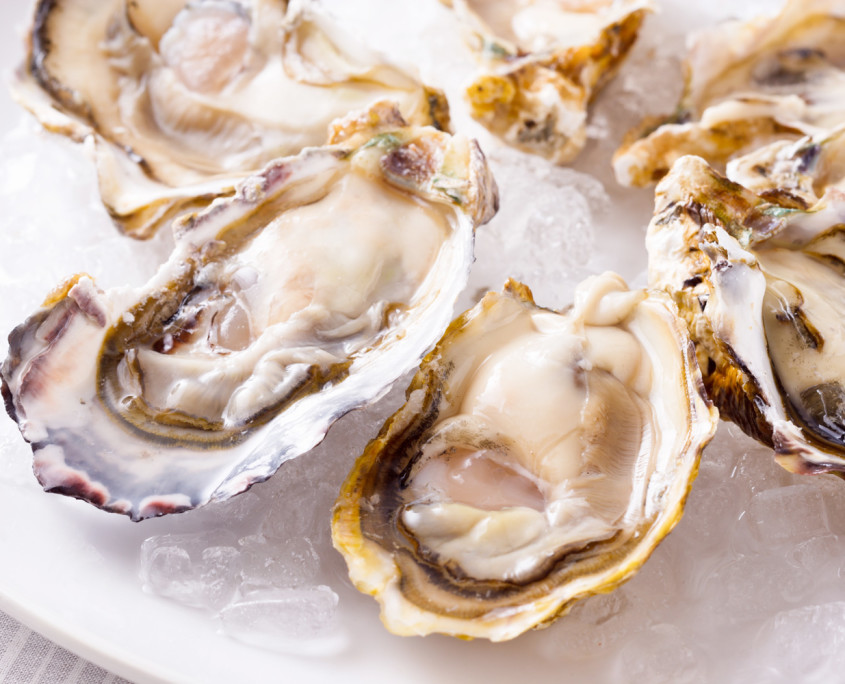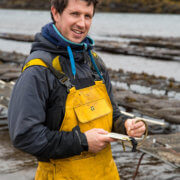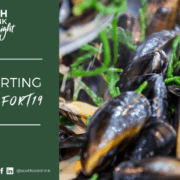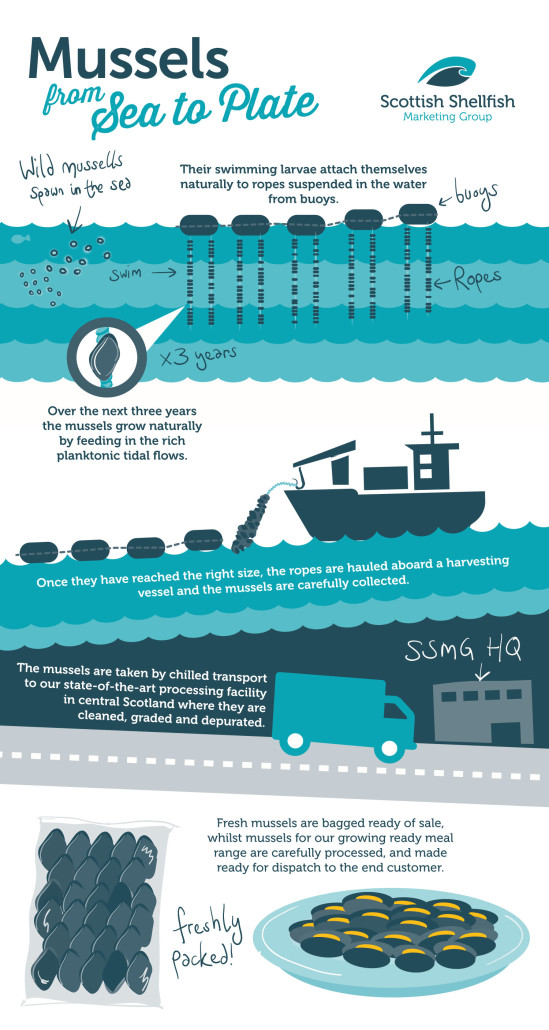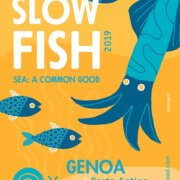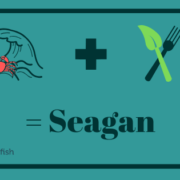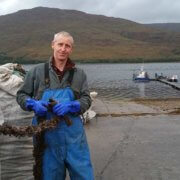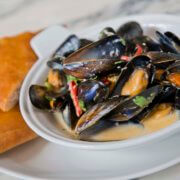Fast Food v Slow Food
McDonald’s, Burger King and KFC…we are a generation which has grown up embracing the idea of ‘fast food’ on the go. However, armed with an increase in knowledge, more and more people are now starting to think about what is on their plate, where it has come from and how it has been sourced.
As a counter reaction to fast food - The Slow Food Movement (SFM), a grassroots organisation with supporters in over 150 countries around the world – is increasingly gaining momentum, and shellfish is on the menu.
Cultural Change
SFM started in Italy in the 1980s and is attempting to change the fast food culture, and in doing so, help small food producers and the environment. It focuses on locally prepared food that tastes good without harming the environment or your health.
The group believes that good food on your plate can only come from small producers and food produced in this way is better for the environment and also supports cultural diversity in a way that big scale farming does not.
Similar to the ethos of our work here at Scottish Shellfish, SFM is working to preserve “bio-diversity, food and environmental diversity…to educate people, and help the consumer to understand what is sustainable development and to help the small producer."
Slow Fish
Like Scottish Shellfish, SFM believes that small-scale fishers form an essential part of fragile aquatic ecosystems that must be protected along with the biodiversity of marine species.
As a result SFM has launched the Slow Fish campaign, where they are working to promote artisanal fishing and neglected fish species and inspire reflection on the state and management of the sea’s resources, promoting responsible fish consumption around the world.
The campaign invites consumers, chefs, academics and fishers to find local solutions that support better management of the sea’s resources.
Eat More Shellfish
During the recent four-day Slow Fish biannual conference held in Geno, Italy, Massimo Bernacchini, a member of the Slow Food Italy Executive Committee, commented that: "It is increasingly evident that in order for the seas to continue to be food reserves, we must definitely change our habits - catch less and better, grow algae and eat more shellfish.
“A true cultural leap in which Slow Food must take an important leading role by involving fishermen and breeders, cooks and consumers.
"To be able to sustainably tackle the increase in the world population while maintaining a still rich sea, we must aim at the lower part of the food chain, thus avoiding fish that are at the apex, such as tuna or swordfish in favour of bivalves, crustaceans, plankton and algae, which are very abundant.
“Only in this way will we be able to preserve resources for future generations and truly save our sea.”
Sea to Plate
Here at Scottish Shellfish we are proud that our cultivated mussels and oysters are amongst the most environmentally friendly food products around and are harvested from the pristine seas off the Scottish west coast and Shetland. We can trace the journey from sea to plate and our Scottish rope grown mussels are an excellent example of sustainable sourcing.
Our mussels and oysters are a perfect example of ‘slow food!’ – sit back, taste and enjoy!
For further information Scottish Shellfish and the environment click here.
